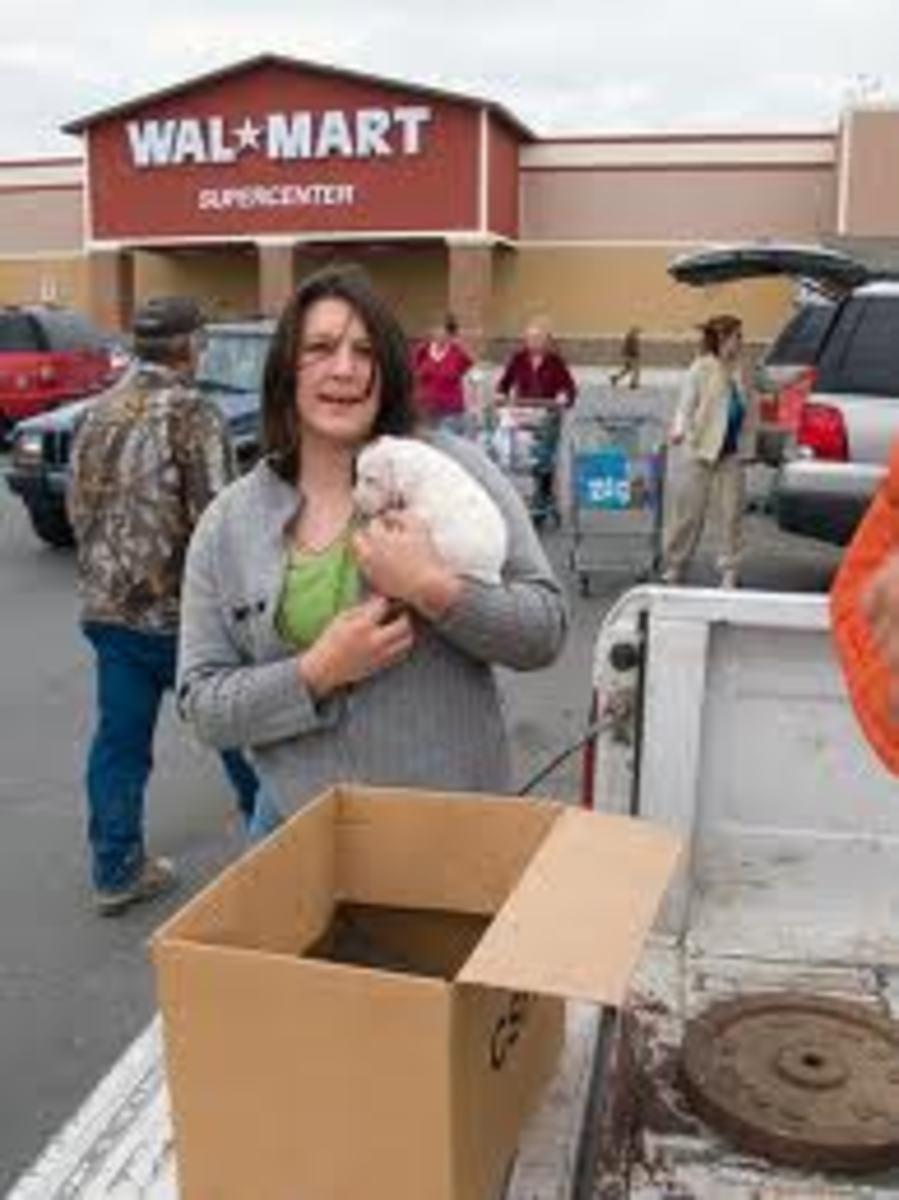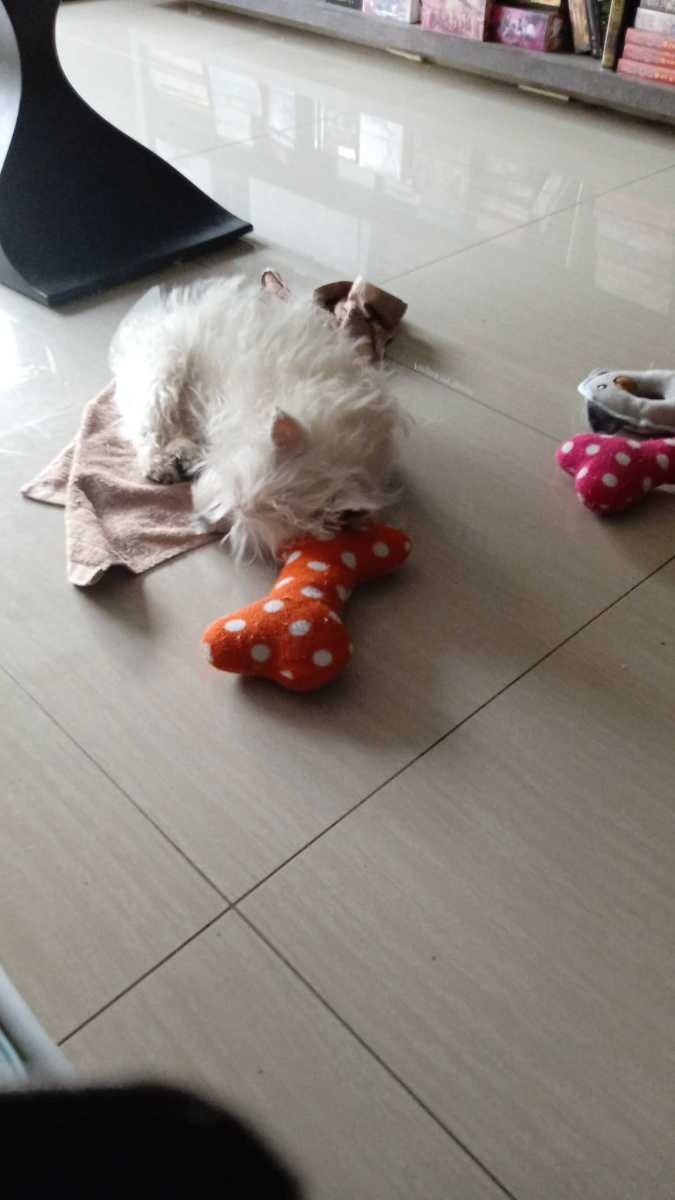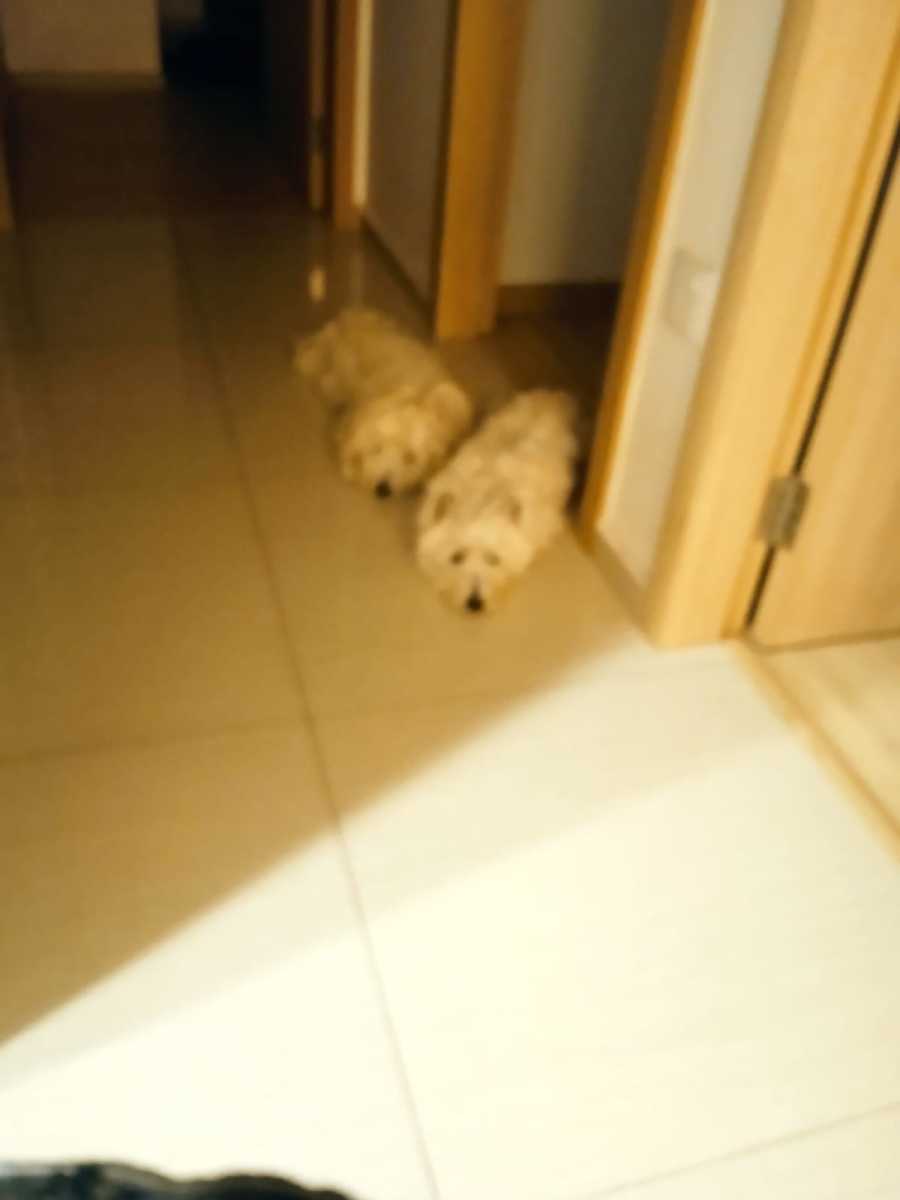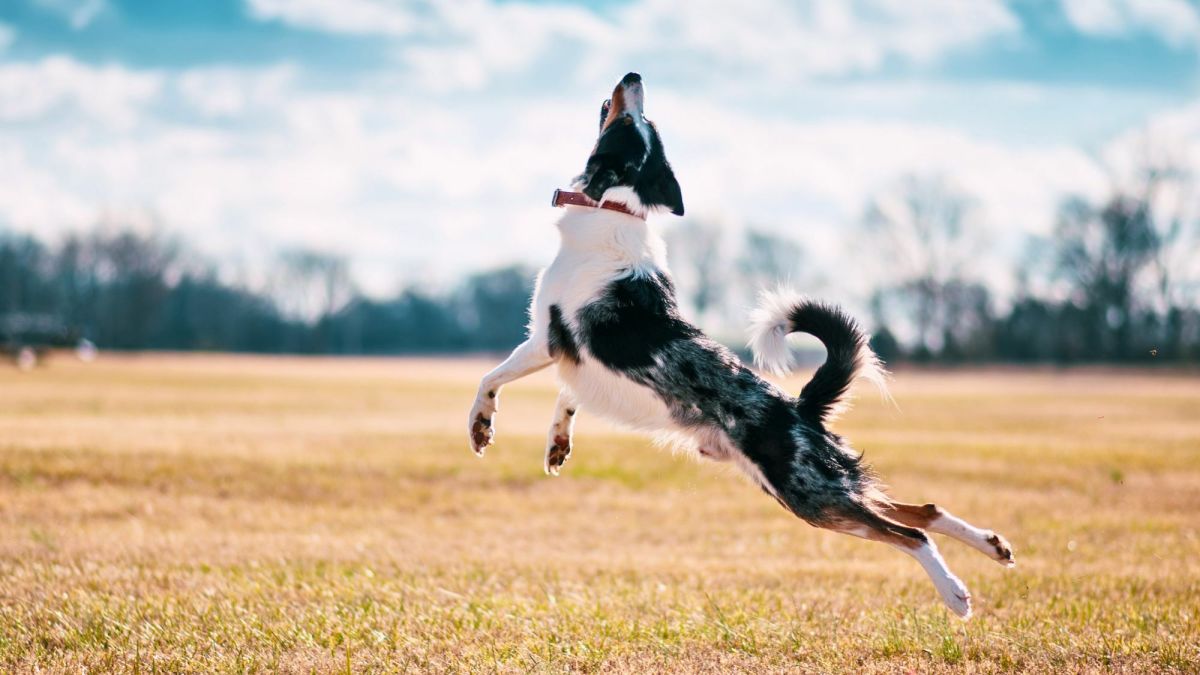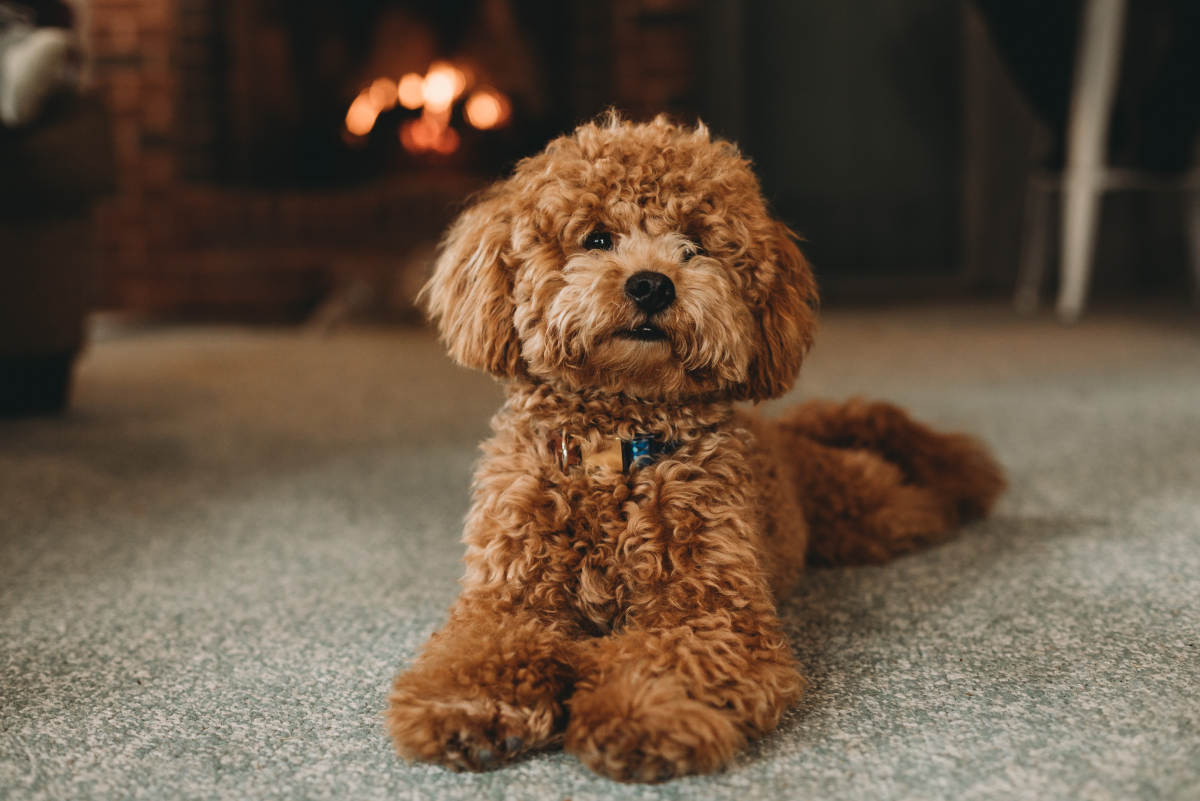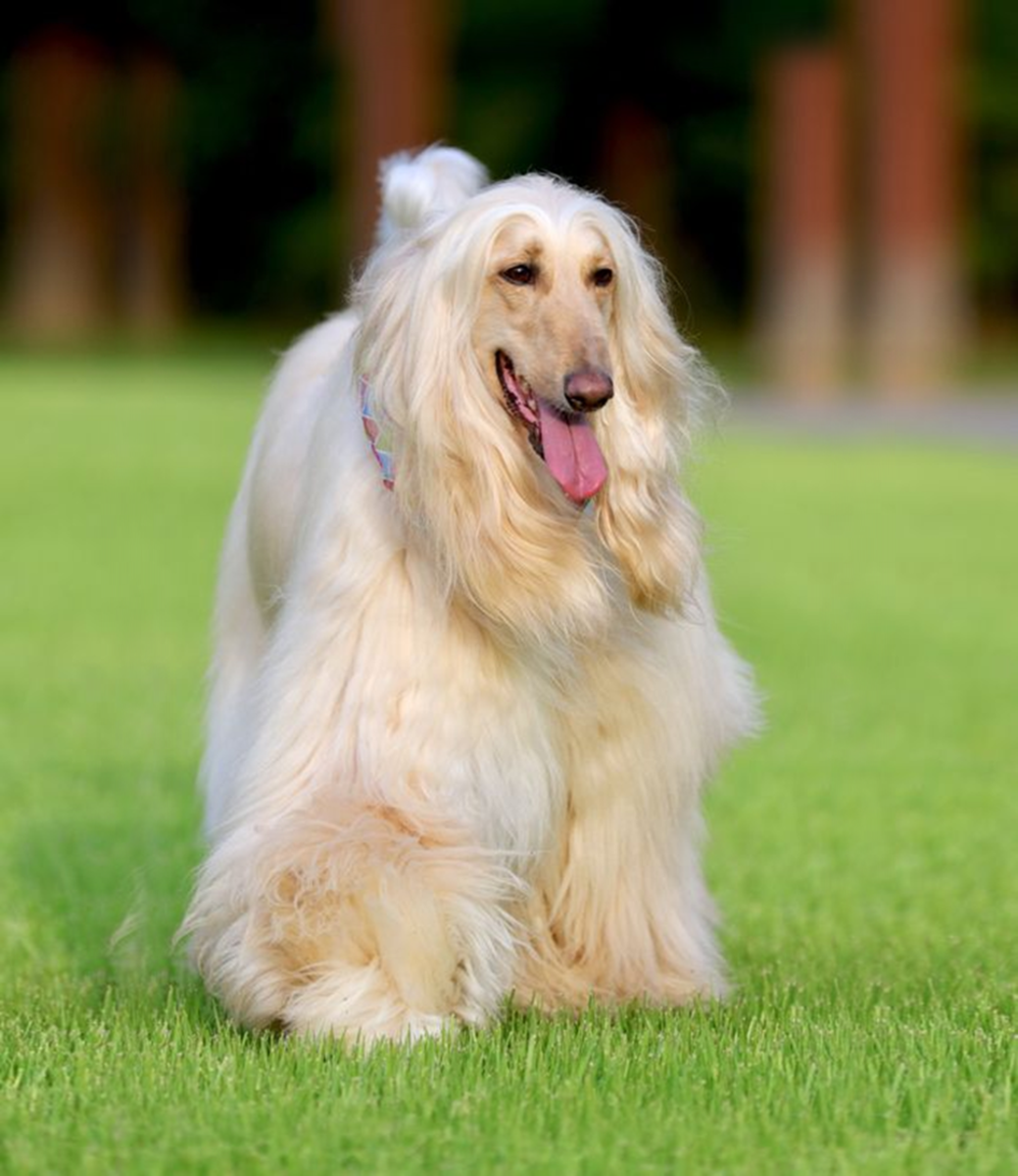What to Expect Bringing a Puppy Home
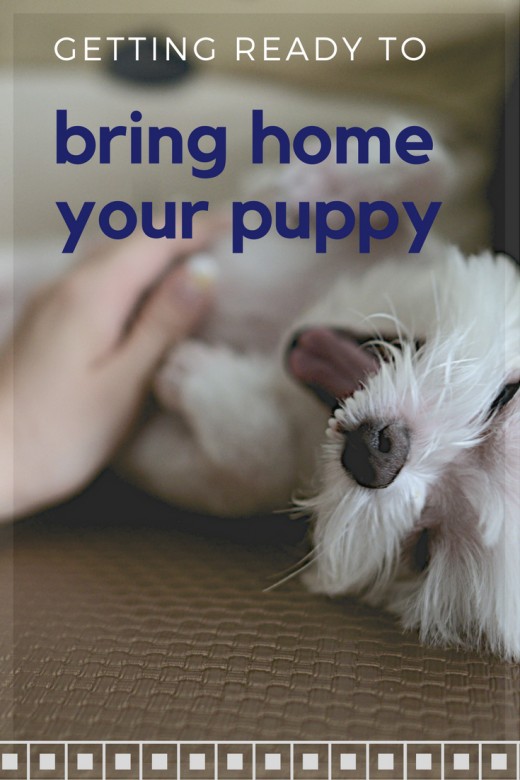
Here are two truths about puppies:
- They're undeniably, 100% the most satisfyingly cute baby creatures ever and...
- They'll poop all over your house at least a dozen times.
Indeed, no one goes into the process of bringing a puppy home thinking it's going to be all rainbows and sunshine. Still, in the haze of fuzzy furred excitement it's good to take a step back and take a long hard look at the reality of bringing a new puppy home. It's hard. It's an investment in a long-term puppy pal and the first year with a new puppy is pivotal to making sure that one day, that pup who becomes a dog is living their best life with you thanks to your unfailing devotion to training them up and helping them to succeed at potty training, taking walks and playing well with others.
Here's some ways to tell if you're ready to bring home your first puppy.
- You've spent a lot of time around dogs (not puppies) and still love them.
- You're motivated to take your pup out rain, snow or sweltering sunshine and pick up after them.
- You're prepared to handle the (sometimes unexpected) expenses that come with owning a dog, like getting them spayed or neutered, buying dog food like, all of the time, and paying for regular vet visits.
- You don't die inside every time you envision picking up poop off your new shag rug or cleaning dog pee out of your couches first thing in the A.M.
- You're home enough to give your new pup the companionship they'll need.
Start Puppy-Proofing
If you're really serious about bringing a fur baby home then it's time to start prepping! Take a good, hard look around your home before you bring your puppy into it. There are likely things around your home that you hadn't considered to be hazards until just now like...
- The trash can. Move that thing under the sink or better yet, if you don't have a lidded trash can, get one, unless you're cool with coming into the kitchen to find egg shells and banana peels recklessly strewn across the floor.
- The laundry. Don't keep your laundry, clean or otherwise, somewhere that your puppy can access it, just in case you end up with one who has an affinity for sniffing out your socks while you're in the shower and surprising you with a shredded-sock masterpiece as soon as you step out.
- Plastic bags and containers. Keep food containers and plastic bags up and away from your pup so they won't get their face stuck in them whilst exploring.
- Keep your dog out of unsafe areas, like the laundry room. Invest in pet gates. This is one of the best ways to keep your puppy contained in a safe area.
- Get cords off the ground. My puppy chewed through like three of my laptop cords. Thankfully they weren't plugged in. Use zip ties or even hair ties to bunch up any excess cord coming down from your lamps and appliances and secure them up and away from your puppy's reach.
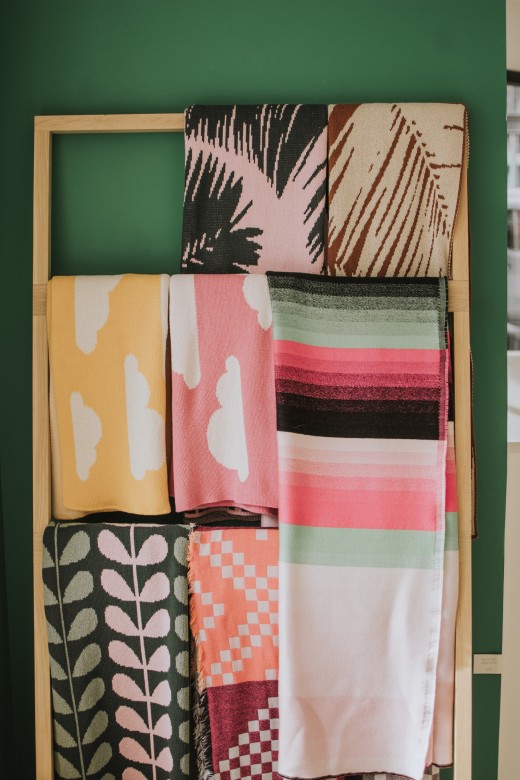
Do a Little Puppy Shopping
Just in case you need an excuse to go shopping for cute puppy supplies, here's a list of must-haves for your new dog:
- A collar and leash. I like having a retractable leash because it keeps my pup from getting all tangled in it
- Appropriately sized crate
- Food and water dishes
- Puppy food and training treats
- Grooming items, including a brush, nail clippers, puppy shampoo and a tooth brush
- ID tags
- A couple solidly made toys for your pup to make their own. I really like Kong brand toys because they're sturdy and can stand up to the insanity of sharp puppy teeth.
Find a Vet
When I had my first baby, I was kind of taken aback at how often we found ourselves at the pediatrician, just for routine stuff like vaccines, weight-checks and check-ups. The same will go for your puppy. That's why we ended up using a mobile pet as our main source of veterinary care. The vet comes right to us and brings our dog out to their mobile office and right back to my door when they're done.
Another nice option for veterinary care are the vets located right inside PetSmart. If you have one near you, you can sign up for their monthly care plan for $40 a month which, at the time of this writing, gets you unlimited vet visits, all vaccinations, and tons of discounts of any future vet bills.
Whatever route you choose to go, make sure to schedule your puppy's first vet visit within a few days of bringing them home. This will give your vet the opportunity to determine the baseline health of your puppy. They can also answer any questions that you may have regarding your puppy's behavior and health.
Decide If You Want to Crate Train
Crate training is one of those things that works for some dog owners and doesn't work for other dog owners. Check out the American Kennel Club's crate training page and see if it's something that would work for you and your pup.
Be Ready to Start Training
Part of giving your pup a good start is making sure they're learning how to sit, stay, come, go potty outside and play safe and smart with other animals and people from the very beginning.
Plot out how you'll do this - from online resources to books and puppy training classes, you have a huge range of options and a lot of it is going to depend on your schedule and budget.
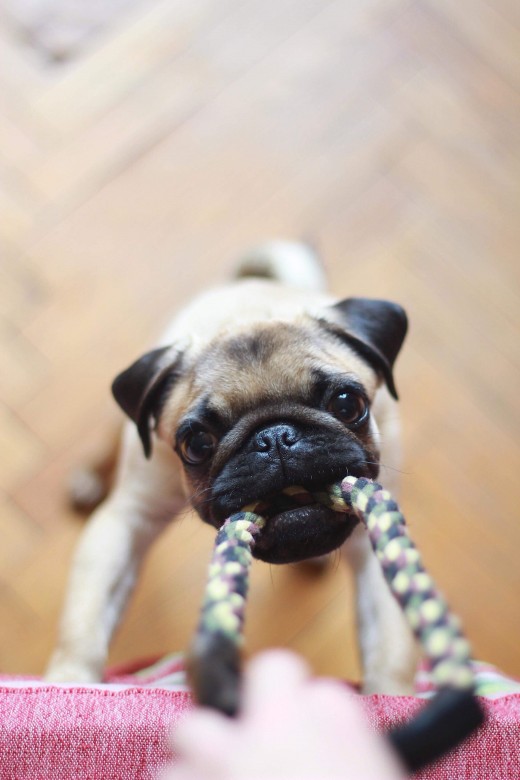
Be Ready for Pet Messes
I feel like this is the single most important piece of advice I can give you because it's going to be the difference between staying sane and just totally losing your mind in the first year with your puppy.
Housetraining can be one of the most difficult and frustrating parts of the training process. You have to remember that your puppy has a very small bladder. During the housebreaking process, you may need to take your puppy outside every 15 to 30 minutes until they learn how to hold their bladder.
With time, the amount of accidents will decrease. Just be consistent and keep in mind that every puppy is different. For some breeds, it may take up to a year before they're fully housebroken.
Obviously, your dog is going to have some accidents inside but they're also going to do things like dig out an entire potted tree and it's soil all over your carpeted bedroom floor because you put them in there to give your newborn niece a break from getting her brand-new bald head sniffed and licked while she was over for a visit.
Pet Stain Removal Products You'll Need to Keep Your Home From Smelling Like an Outhouse
Carpet powder
| I like Arm & Hammer Pet Fresh Carpet Odor Eliminator. I do a little sprinkling of this over our rugs and bedroom carpet before I vacuum and it really helps to just maintain odors whether or not our pup has been having accidents.
|
A portable spot-treatment cleaner
| This is like a clunky handheld wet vac that we use if our pup has a pee-accident on the couch or rug. You can get special pet-stain formulas to use with whatever machine you choose.
|
A big ol' box of Oxi-Clean
| If our pup just has a little accident on her bedding I can throw it all in the wash on hot with a scoop of Oxi-Clean to kill the bacteria and it comes out smelling fresh and clean.
|
Paper towels
| We don't use paper towels much but for wiping up accidents it's a total must.
|
To counteract all of the fun changes your puppy's going to bring to your home, invest in some pet stain removal products like these ones.
© 2018 Kate Stroud


